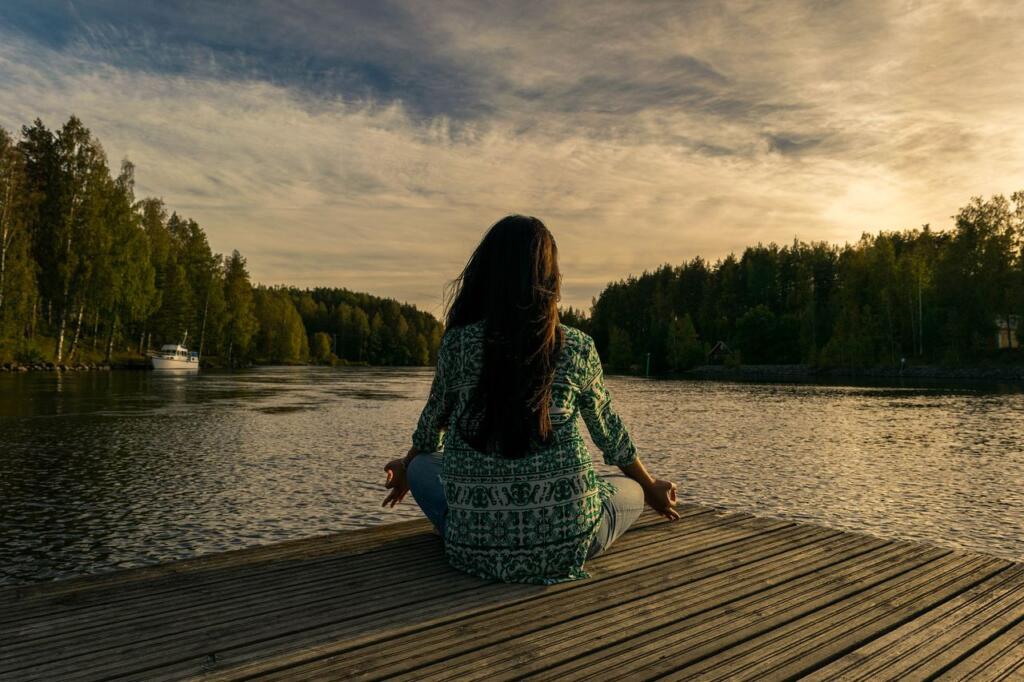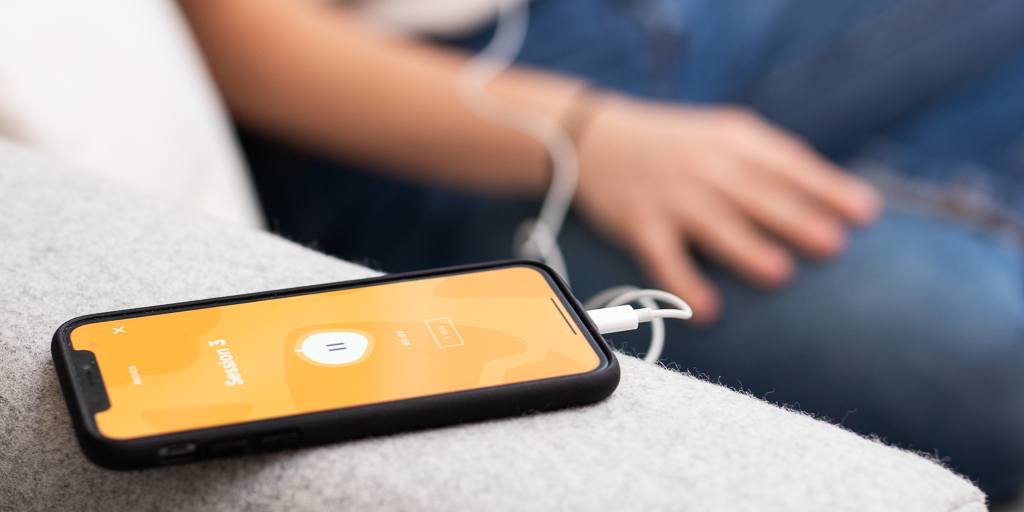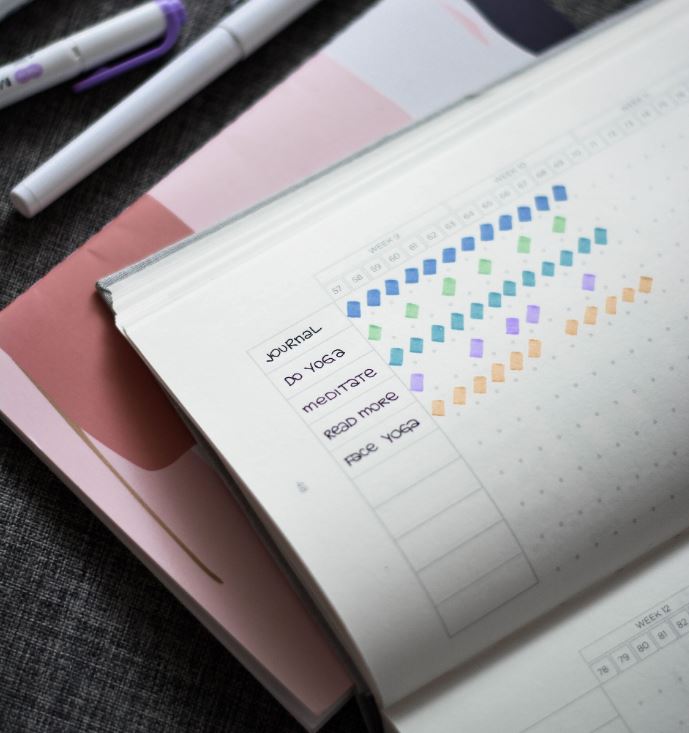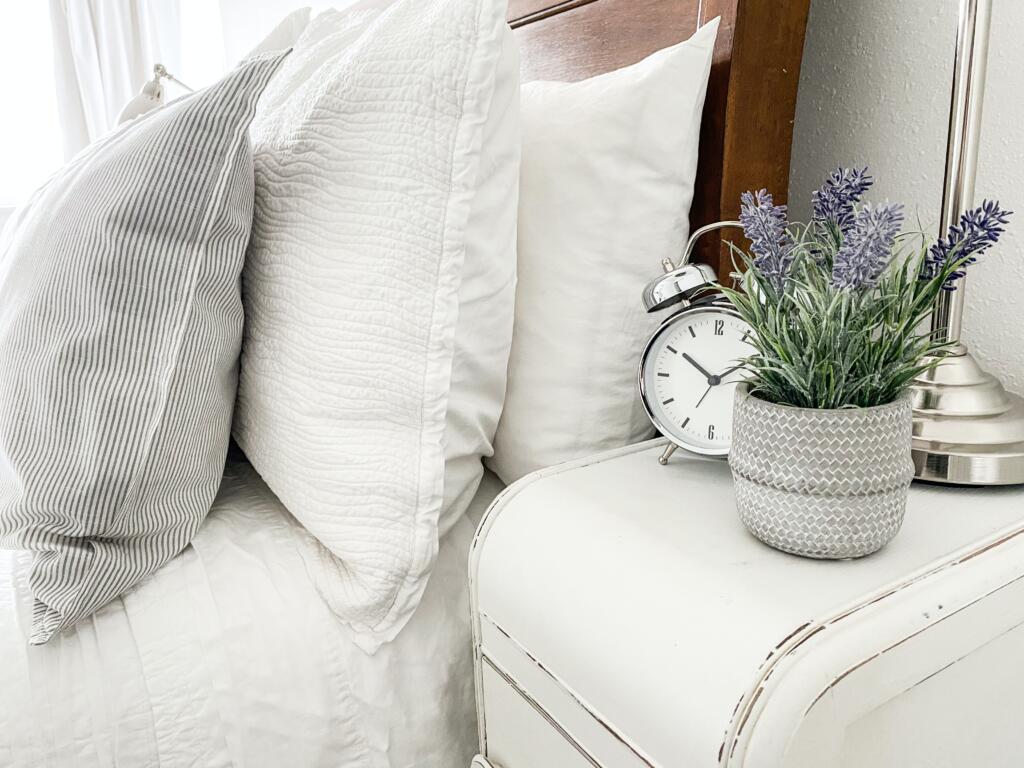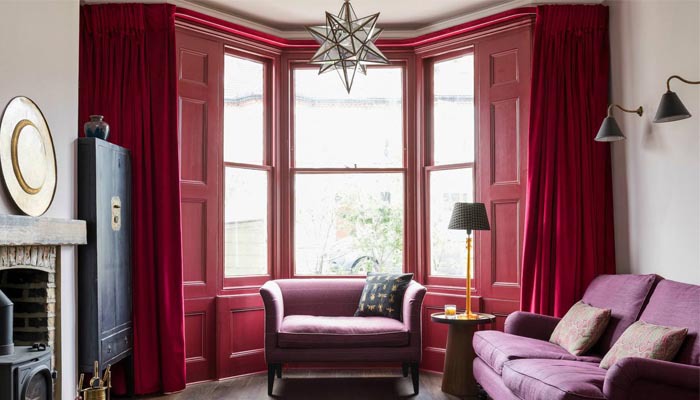
On the Lake Homes blog, we often cover interior design topics. From DIY driftwood art to centerpiece ideas, we’re all about helping you make your lake home luxurious. One often overlooked element of interior design is window blinds. In addition to elevating your room’s aesthetic, blinds also have functional benefits such as light control and privacy. However, did you know window blinds can impact your psychological state as well? To learn more about the psychological connection with window blinds, we spoke with Dr. Jay Feldman, osteopathic doctor and medical spokesperson for Blindster, the largest retailer of private-label, custom-made window coverings.
Blinds and Psychology- What’s the Connection?
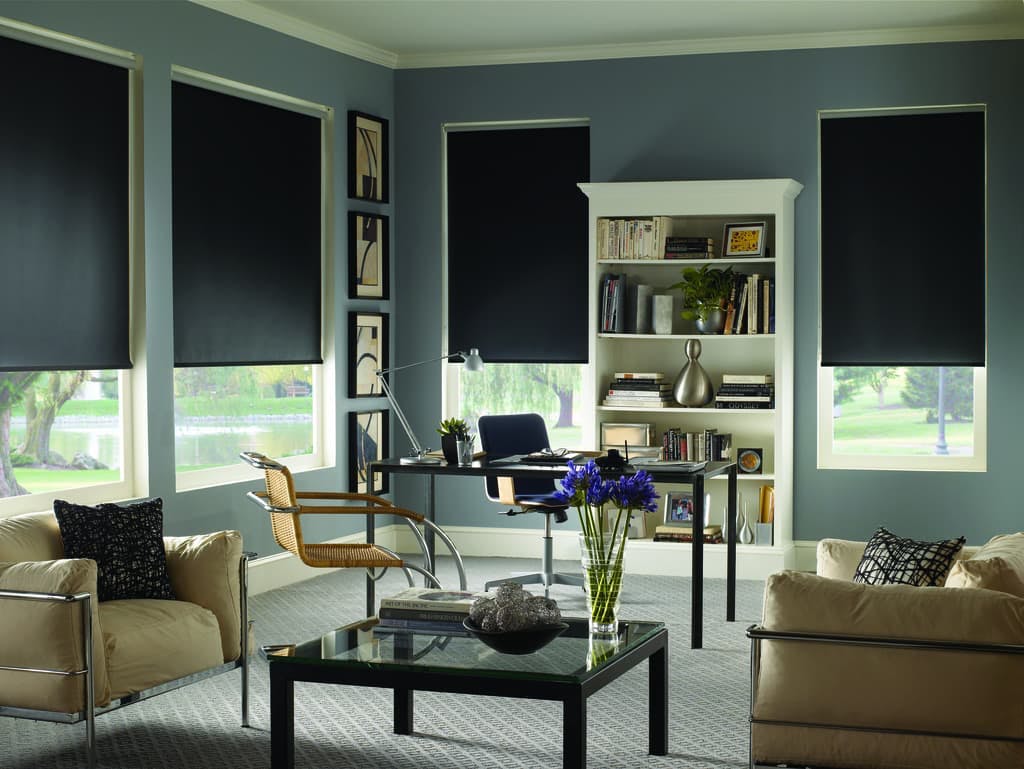
There are two primary ways that blinds can impact your mental state — the first is with the amount of light you let into the room. With opaque shades, almost all light is blocked, compared to sheer curtains, which let a large amount of light in. The absence of light helps the production of melatonin, a hormone that controls the sleep-wake cycle. “One of the ways to block light pollution is with high-quality blackout shades. These are great for anyone trying to optimize sleep and psychological state,” says Dr. Feldman.
Besides light, the other important piece that impacts your psychology is color. If you allow light into your room, your emotions could be impacted by the color of the room itself. “Red raises the room’s energy, good for any kind of creative space,” Dr. Feldman explains. “Yellow and orange make you feel more relaxed and at peace.” The room’s function is also crucial. For example, red is a good color for an office, while blues and purples offer a nice sense of serenity for a bedroom. With this in mind, it’s important to pay attention to the color of your wallpaper or paint and make sure it reflects the mood that you want. “It’s a very short-lived effect, but with continued exposure, the effects are longer lasting,” he says.
How Do You Choose the Right Blinds?
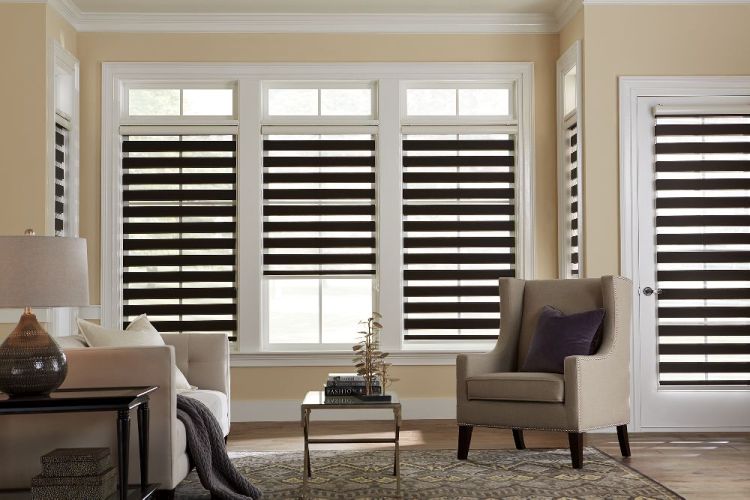
With both light and color in mind, the key is to manage them in your favor. “If you black out light, you’re also blocking out color, and you won’t let the color affect your mood,” Dr. Feldman clarifies. “The goal is to reduce the emotional response and increase melatonin production.” As such, blackout blinds are ideal. At night, you can minimize the impact of your room’s color on your mood while also helping you to sleep. However, everyone is different. Various people need more or less light to be able to sleep well. If you need a little light for sleeping but still want the benefits of blackout blinds, consider getting a nightlight. Not just for kids, these tiny lamps illuminate a small section of your room—the perfect compromise between complete darkness and a light-flooded space.
What Should Lake Homeowners Know?
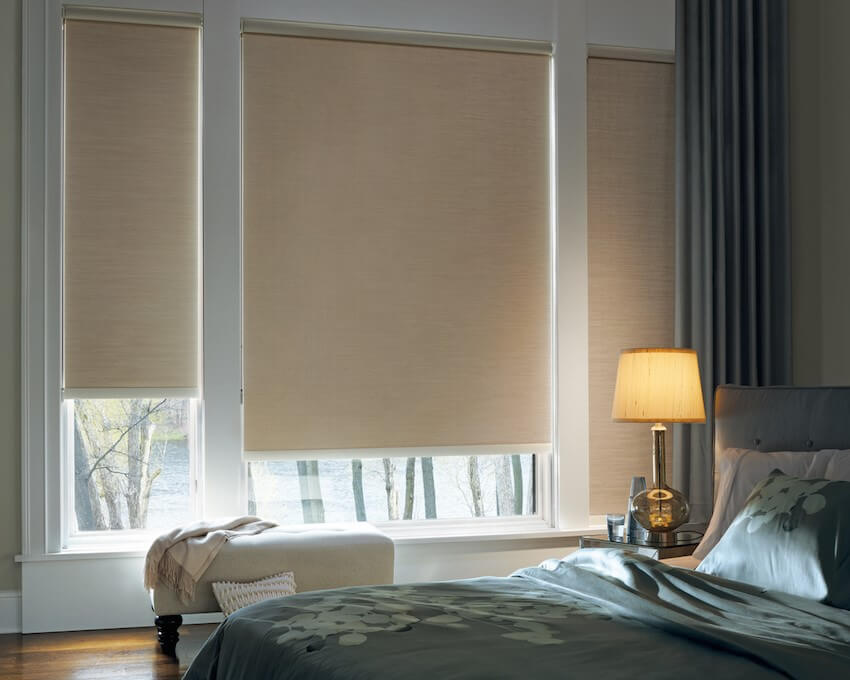
When it comes to lake home-specific advice, Dr. Feldman says they should keep the same general principles in mind. “Considering the color of your room (based on color psychology) and the ability to block out light.” In a space that receives a lot of sunlight, one special consideration is UV protection. This refers to the shade’s ability to protect you from harmful UVA and UVB rays that can pierce through the windows. When picking out blinds, consider their Ultraviolet Protection Factor (UPF).
At your lake house, you want to cultivate a serene and positive environment. After all, that’s what vacation mode is all about. Choosing the right blinds is a little-known tip for keeping your brain at peace!


